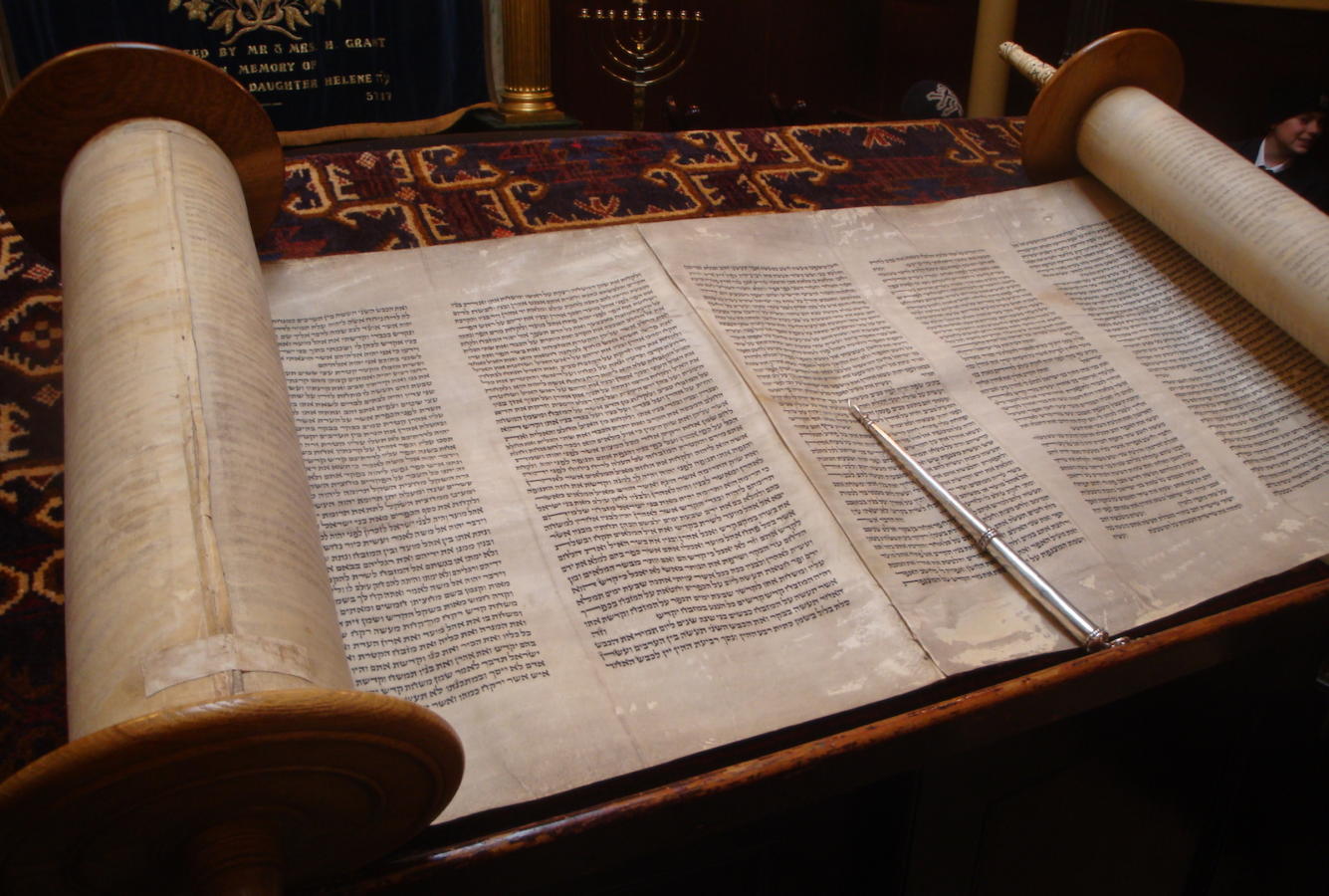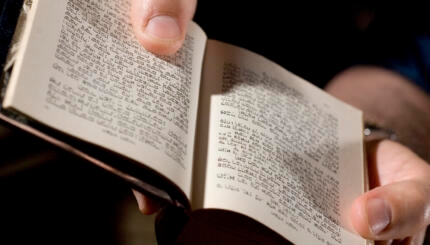One of the most astounding qualities of the Jewish prayer book is that the words, many written centuries ago, can be understood and appreciated differently by each generation. Not only did the early authors of our prayer book possess keen insight into how the Jewish people would respond to our sacred texts, but they seemed to be prescient in anticipating how later generations might reconsider them.
Nowhere is this more evident than in the familiar words which introduce the Torah service on Shabbat and festivals. As we prepare to read the Torah, and even before we open the ark itself, we chant Ein Kamocha, an extended series of biblical passages that parallel our understanding of the Torah itself.
It begins with this line from Psalm 86:6:
אֵין כָּמוֹךָ בָאֱלֹהִים אֲדֹנָי וְאֵין כְּמַעֲשֶׂיךָ
Ein kamocha va-Elohim, Adonai, v’ein k’ma-asecha.
There is none like You, Lord our God, and nothing compares to Your creation.
The authors of the prayer book could have chosen any number of verses to preface the public reading of the Torah. So why this one?
With your help, My Jewish Learning can provide endless opportunities for learning, connection and discovery.
Ein Kamocha puts all that we feel about God, Judaism, and the Torah into perspective. Many of us may find Jewish texts troubling and difficult to understand. We may question who wrote them and try to investigate the source of these sacred words. Most importantly, each successive generation may interpret and apply the precepts and mitzvot in different ways.
But one thing unites us all: We are living within God’s framework. We emphasize that by following the opening line with these words which forever bind us together:
מַלְכוּתְךָ מַלְכוּת כָּל עוֹלָמִים וּמֶמְשַׁלְתְּךָ בְּכָל דּוֹר וָדוֹר
Malchutcha malchut kol olamin, u-memshal-t’cha b’chol dor vador.
Your sovereignty is everlasting; Your dominion endures throughout all generations.
We then come to one of the most magnificent lines in the entire prayer book:
.ה’ מֶלֶךְ. ה’ מָלָךְ. ה’ יִמְלֹךְ לְעוֹלָם וָעֶד
Adonai melech, Adonai malach, Adonai yimloch l’olam vaed.
God reigns; God has reigned; God will reign forever and ever.
This beautiful piece of text, poetic in its parallel simplicity, is a sublime way to describe God’s timeless quality. But a close look shows us that the author of this prayer is taking poetic license and having some fun with the words. As a result, we can discern a powerful message about how we may interpret Torah and relate to its words.
While the other lines of Ein Kamocha are taken directly from the Bible, this particular verse doesn’t actually exist at all. Instead, it’s a mashup of several disparate texts.
“Adonai melech” comes from Psalm 10. “Adonai malach” from Psalm 93. And “Adonai yimloch l’olam vaed,” from the 15th chapter of Exodus.
Imagine the chutzpah of taking God’s words and putting them together in a unique sequence. The significance for us is that this piece of liturgical innovation grants us the freedom to do the very same thing.
As we begin the Torah service and prepare to hear the sacred words of the weekly portion, this passage describing God’s ubiquity throughout time serves as a message to all generations that the text doesn’t exist in a faraway place. The Torah’s words exist organically. They are living things that we are empowered to reinterpret. This well-known passage provides us with a model of how we can connect to the Torah across the expanse of time. We continually have the obligation, and the privilege, of interpreting and adapting the words as we hear them.
Just as God is, was, and will be sovereign, so too is the Torah eternal, its words forever resonating differently for each of us.



